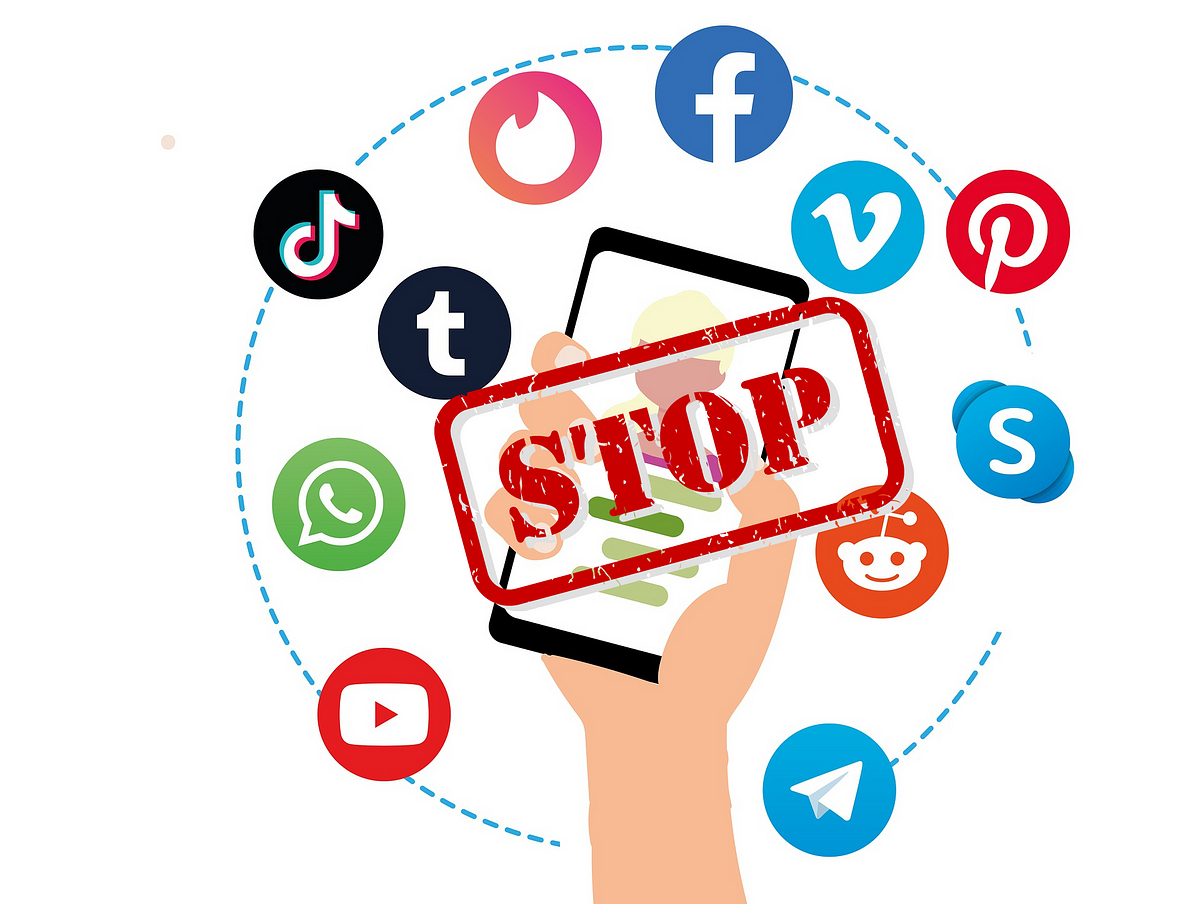In the digital age, social media has become an integral part of our daily lives. From scrolling through feeds to sharing updates, it’s hard to imagine a world without platforms like Facebook, Instagram, Twitter, and TikTok. However, behind the allure of likes and shares lies a complex web of psychological factors that contribute to social media addiction.
What is Social Media Addiction?
Social media addiction, also known as social media dependency or problematic social media use, refers to the excessive and compulsive use of social media platforms. It’s characterized by a strong urge to constantly check notifications, post updates, and engage with content, often at the expense of real-life interactions and responsibilities.
The Dopamine Rush
One of the primary drivers of social media addiction is the dopamine rush that comes with receiving likes, comments, and shares. Dopamine is a neurotransmitter associated with pleasure and reward, and its release in the brain reinforces behaviors that lead to its release. When we receive positive feedback on social media, such as likes on a post or flattering comments, our brain releases dopamine, creating a sense of pleasure and satisfaction.
Fear of Missing Out (FOMO)
Fear of missing out, or FOMO, is another psychological factor that fuels social media addiction. FOMO is the anxiety or apprehension that others are having rewarding experiences from which one is absent. Social media exacerbates FOMO by constantly bombarding users with updates and highlights of other people’s lives, leading to feelings of inadequacy and the need to constantly stay connected to avoid missing out.
Social Comparison
Social media platforms often serve as breeding grounds for social comparison, where users compare their lives, achievements, and experiences to those of others. This constant comparison can lead to feelings of envy, insecurity, and low self-esteem, driving individuals to seek validation and approval through social media interactions.
The Role of Reinforcement
The addictive nature of social media is further reinforced by the variable rewards system employed by platforms. Similar to slot machines in casinos, social media platforms use variable rewards to keep users engaged and coming back for more. Whether it’s the anticipation of likes on a post, the excitement of discovering new content, or the thrill of connecting with others, the unpredictable nature of these rewards keeps users hooked.
Escapism and Distraction
For many people, social media serves as a form of escapism and distraction from real-life stressors and challenges. Whether it’s boredom, loneliness, or anxiety, turning to social media provides a temporary reprieve from negative emotions and offers a sense of connection and belonging, albeit virtual.
Social Validation
Social media addiction is also driven by the desire for social validation and acceptance. Likes, comments, and shares serve as social currency, validating one’s worth and status within their social circle. The pursuit of validation through social media interactions can become addictive, leading individuals to seek constant affirmation and approval from others.
Breaking the Cycle
While social media addiction can have detrimental effects on mental health and well-being, there are steps that individuals can take to break the cycle and regain control over their usage.
Set Boundaries
Setting boundaries around social media usage is essential for combating addiction. This may involve limiting screen time, designating specific times for checking social media, or taking regular breaks from digital devices altogether.
Practice Mindfulness
Practicing mindfulness can help individuals become more aware of their thoughts, feelings, and behaviors around social media. By cultivating mindfulness, individuals can learn to recognize and challenge addictive patterns of behavior, ultimately leading to healthier usage habits.
Seek Support
Seeking support from friends, family, or mental health professionals can be instrumental in overcoming social media addiction. Whether through therapy, support groups, or peer counseling, connecting with others who understand and empathize with your struggles can provide much-needed encouragement and guidance.
Finally
Social media addiction is a multifaceted phenomenon driven by a combination of psychological factors, including the dopamine rush of likes and shares, fear of missing out, social comparison, and reinforcement through variable rewards. While the allure of social media can be irresistible, it’s essential to recognize the signs of addiction and take proactive steps to regain control over usage habits. By setting boundaries, practicing mindfulness, and seeking support, individuals can break free from the grip of social media addiction and cultivate healthier relationships with technology and social interactions.
People also ask
What is the psychological basis for individuals developing addiction to social media platforms?
- This question explores the underlying psychological factors, such as reward mechanisms and social validation, that contribute to social media addiction.
How do features like notifications, likes, and comments impact the addictive nature of social media?
- Users often seek insights into specific platform features that trigger addictive behaviors, such as the instant gratification associated with likes and comments.
What role does the fear of missing out (FOMO) and social comparison play in social media addiction?
- Understanding the impact of FOMO and social comparison helps users comprehend the emotional aspects that contribute to addictive behaviors on social media.
Are there any psychological disorders or conditions linked to social media addiction?
- This question delves into the potential connections between social media addiction and mental health, exploring any associated psychological disorders or conditions.
How can individuals recognize and manage social media addiction from a psychological perspective?
- Providing information on self-awareness and coping strategies helps users understand how to recognize and address potential addictive behaviors related to social media use.
